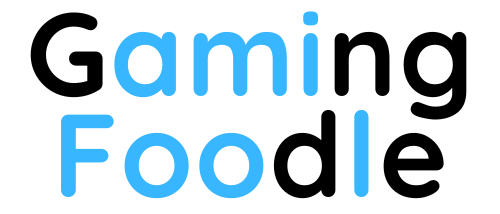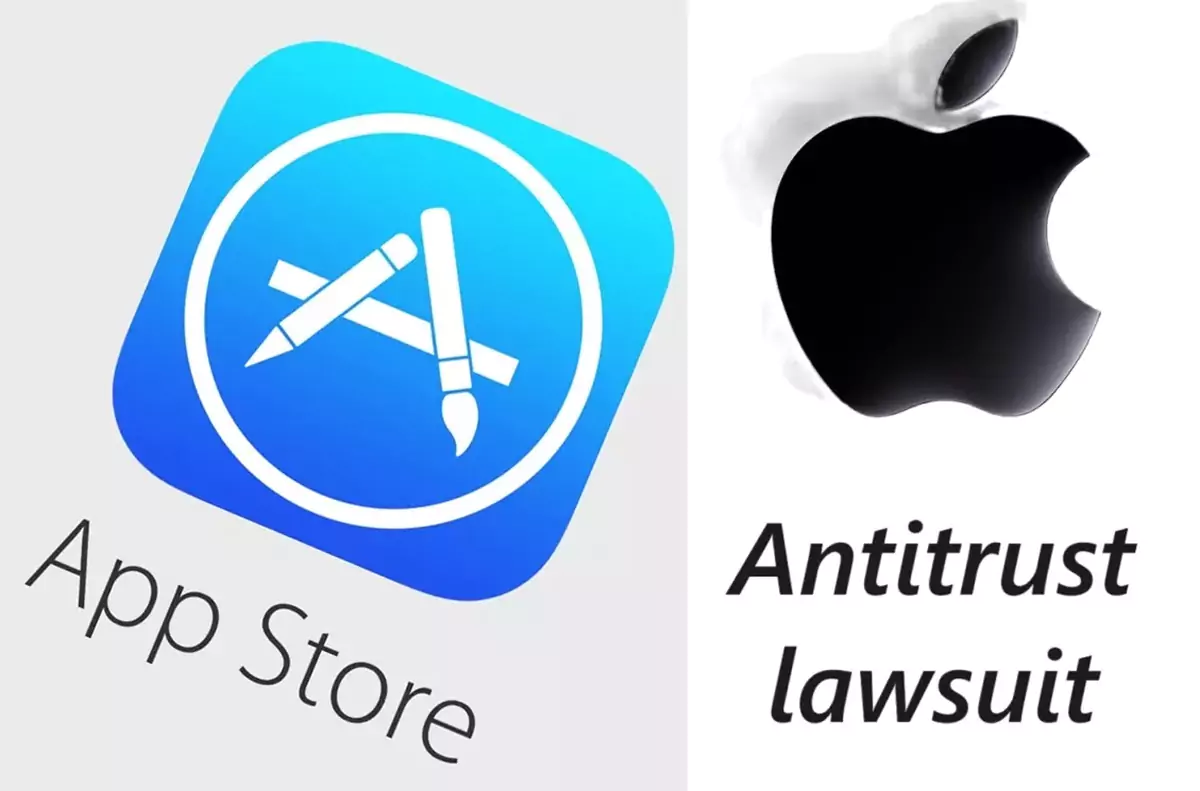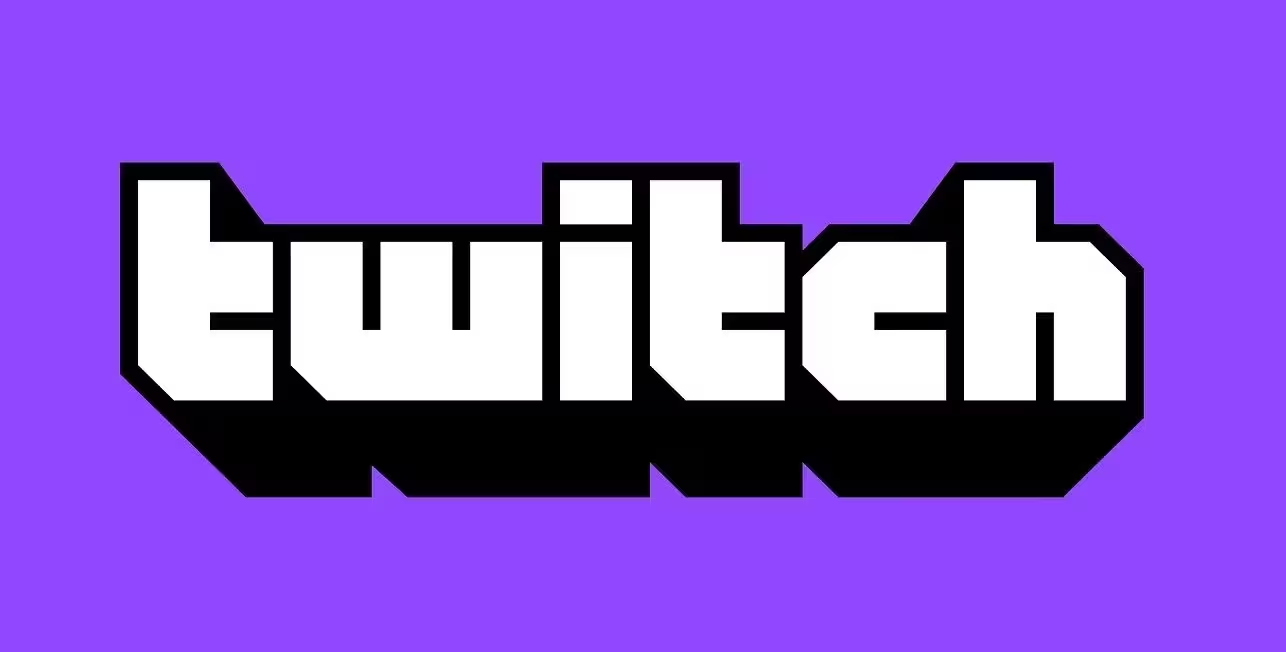The US Department of Justice (DOJ) has filed an antitrust lawsuit against Apple, accusing the tech giant of illegally maintaining a monopoly over the smartphone market.
One of the key areas highlighted in the lawsuit is cloud gaming apps.
But what exactly are the allegations, and how could they impact the burgeoning cloud gaming industry?
What Is the Lawsuit About?
According to the DOJ’s lawsuit, Apple has prevented developers from offering cloud gaming apps on the App Store.
The alleged motive? To force users to buy more expensive Apple hardware – iPhones – capable of running visually impressive games natively.
The suit argues that if cloud gaming apps were allowed, users could stream demanding games over the cloud to older or less powerful Apple devices.
This would diminish the need to frequently upgrade to the latest iPhone models for better gaming performance.
“For years, Apple blocked cloud gaming apps that would have given users access to desirable apps and content without needing to pay for expensive Apple hardware because this would threaten its monopoly power,” —— the lawsuit states.
This claim is supported by the fact that, until recently, no major cloud gaming services like Xbox Cloud Gaming or Google Stadia were available as native apps on iOS.
Cloud gaming allows users to stream high-quality games from remote servers, which eliminates the need for powerful local hardware (Phone or PC).
Allowing it on the App Store could disrupt Apple’s strategy of selling their premium iPhones as older iPhone devices can run high-quality AAA games smoothly.
Simply put, the lawsuit alleges Apple is blocking cloud gaming apps to protect its hardware sales.
“Cloud streaming allows developers to bring cutting-edge technologies and services to smartphone consumers – including gaming and interactive artificial intelligence services – even if their smartphone includes hardware that is less powerful than an iPhone,” ….. the lawsuit states.
The issue with Apple’s Recent Adjusted Cloud Gaming Policies
In January 2024, Apple announced it would start allowing game-streaming apps on the App Store after the DMA case.
This allows developers to submit a whole library of games as a standalone app instead of asking for permission for each individual game submission.
However, the lawsuit argues that even with this change, Apple’s requirements of 30% commission on in-app purchases make it difficult for cloud gaming services to operate profitably on iOS.
Xbox head Phil Spencer told The Verge that Apple’s proposal “doesn’t go far enough to open up the competition” and that “there’s no room for us to monetize Xbox Cloud Gaming on iOS.”
Currently, cloud gaming services like Xbox Game Pass can only be accessed through web browsers on iOS.
The Ongoing Battle
Apple has denied the DOJ’s claims and vowed to “vigorously” defend itself in court.
Meanwhile, the company is also facing pressure from new regulations like the EU’s Digital Markets Act, which aims to promote competition and consumer choice in the digital marketplace.
As the legal battles continue, the fate of cloud gaming on iOS remains uncertain. But the DOJ’s lawsuit has again thrust the issue into the spotlight, potentially shaping the future of this emerging gaming technology.
Discover more from Gaming Foodle
Subscribe to get the latest posts to your email.





